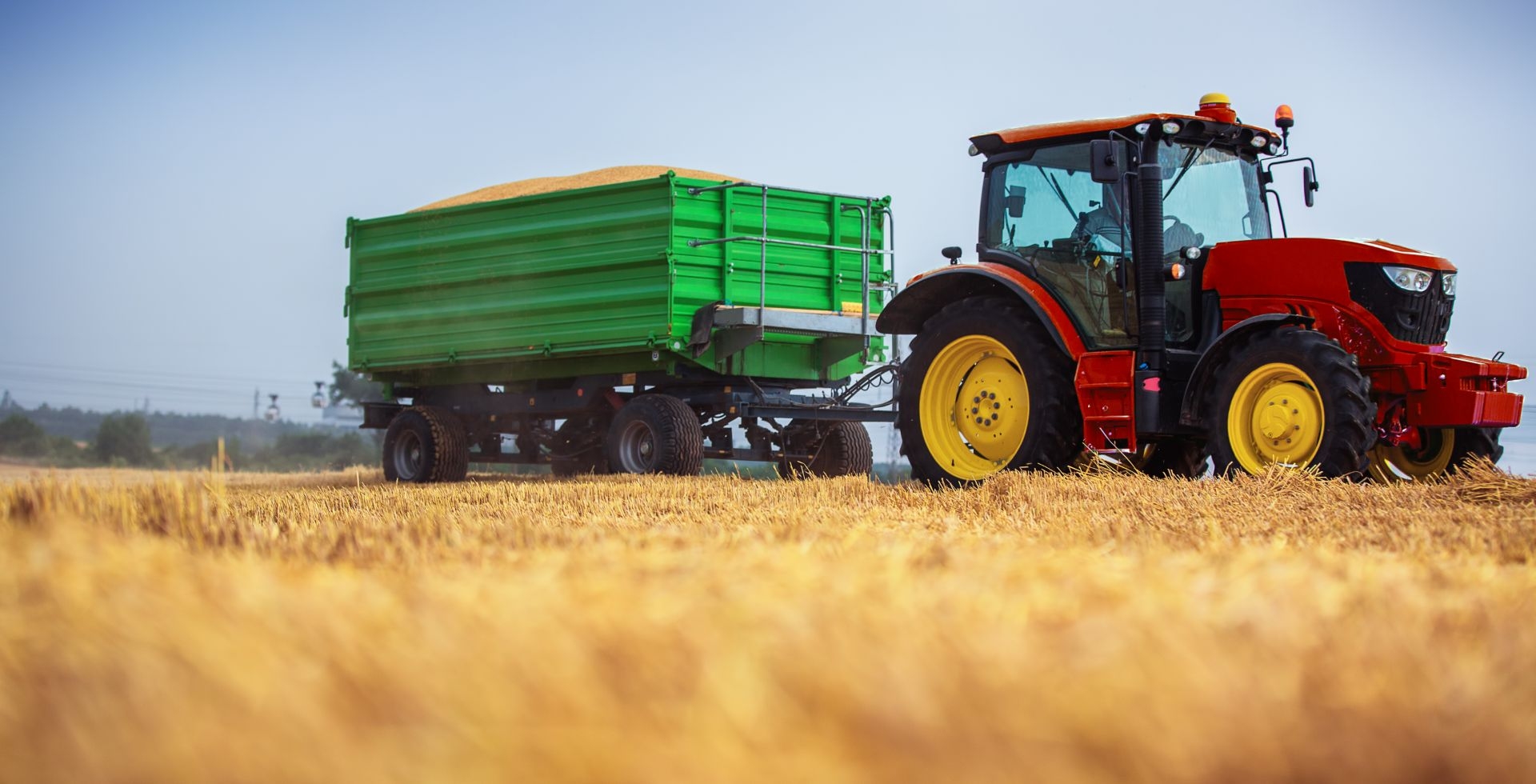
Farming In Protected Landscapes (FiPL)
The Farming in Protected Landscapes (FiPL) scheme provides grants to farmers and land managers in the Surrey Hills for one-off projects to make improvements to the natural environment, cultural heritage and public access on their land. Defra has announced an extension to the programme until March 2029. Applications are open now.
Surrey Hills FiPL funded projects
Hedge Planting Projects

Access infrastructure Norbury Park Farm
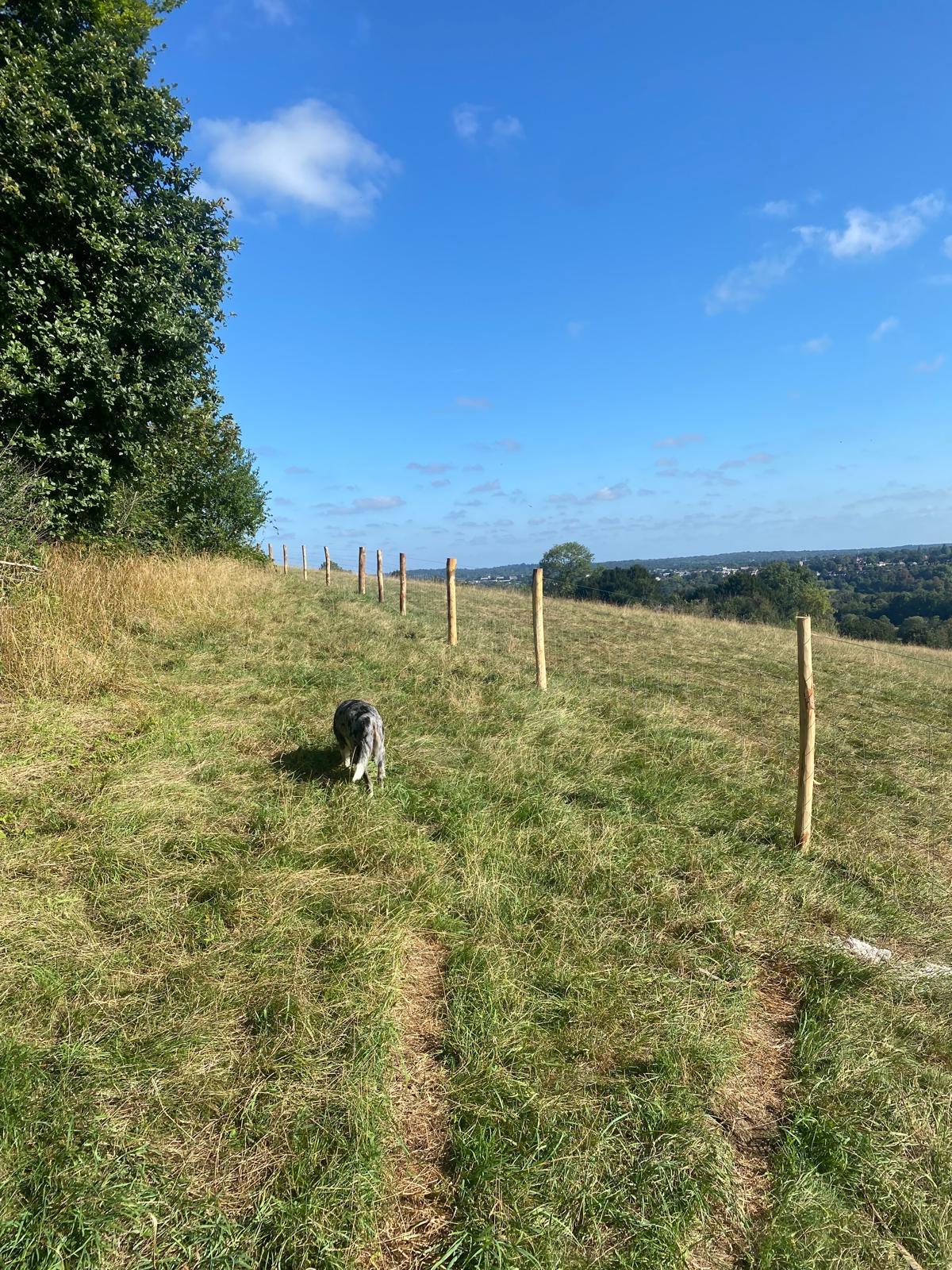
Biochar R & D LC Energy

Bracken Bruiser Albury Estate

Chalk Downland Electric Fencing

Chalk grassland management Surrey Countryside Partnership
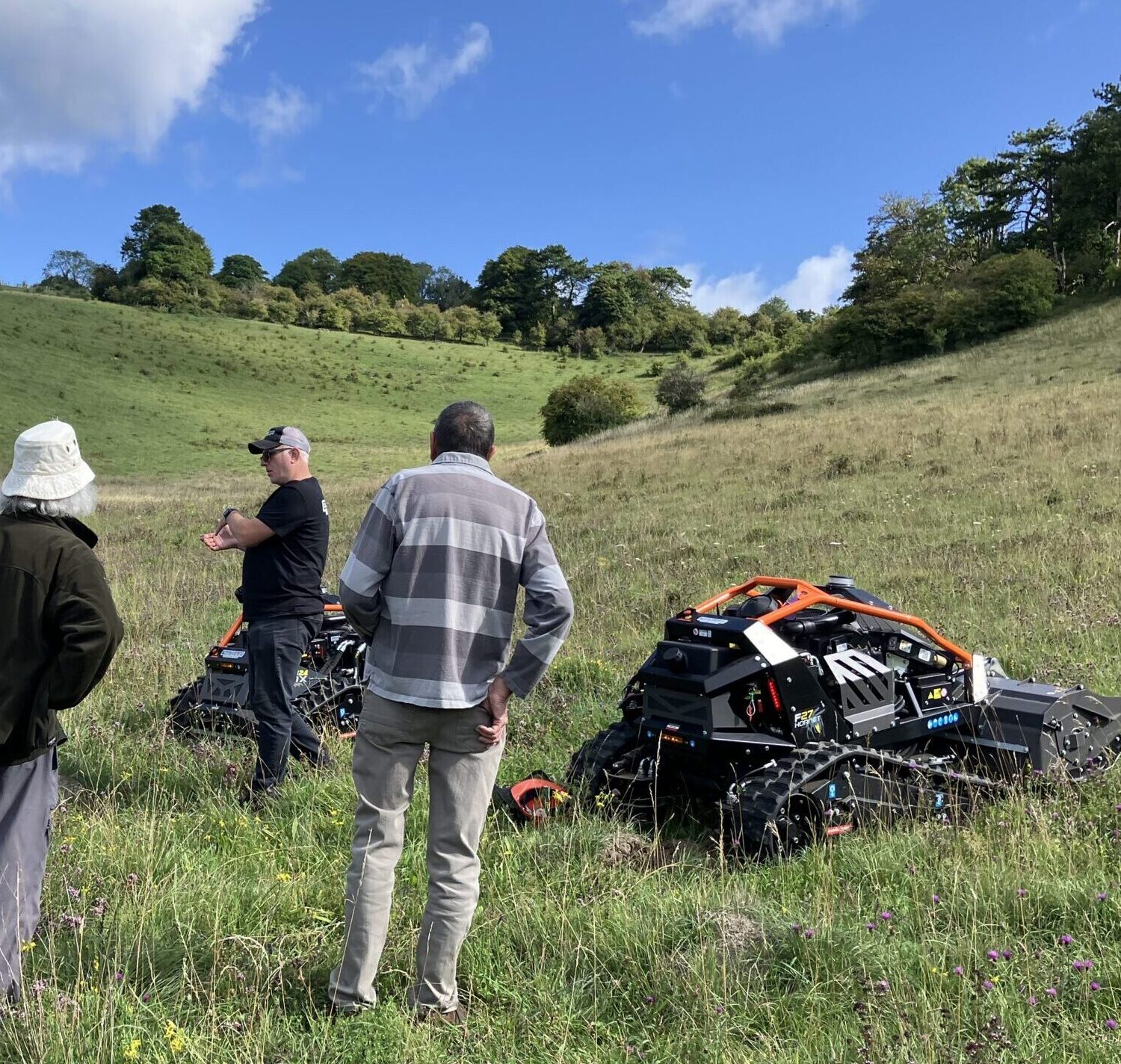
Chalk Grassland Restoration

Conservation Tools for SOLD

Cow brush Manor Farm

Culvert Restoration for Footpath Improvements Oxenford Farm

Cut and Collect Flail Mower Surrey County Council
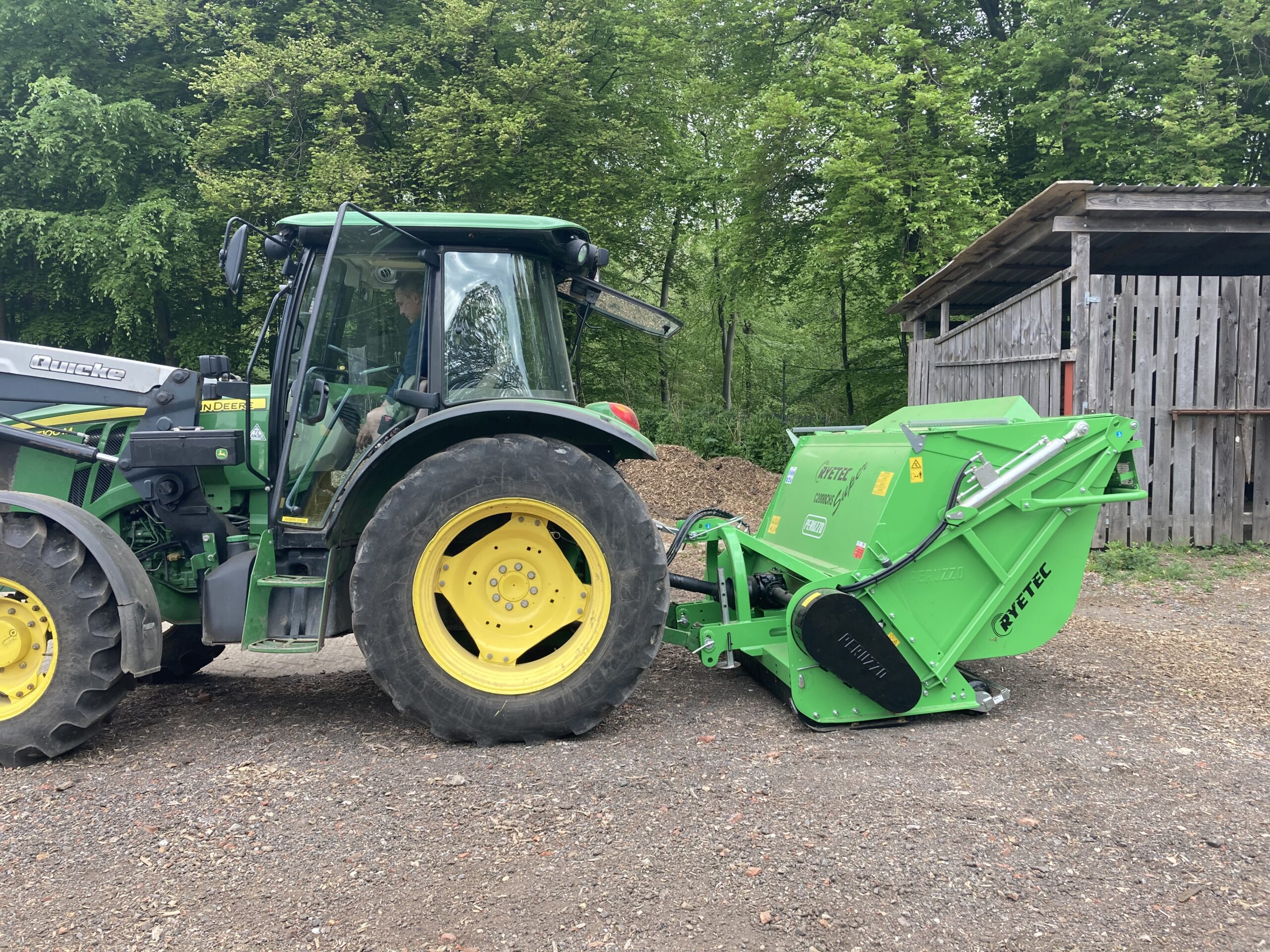
Dam restoration and wetland enhancement Blackhanger Farm

Deer Equipment MS Venison

Deer Fencing Mullard Space Science Laboratory
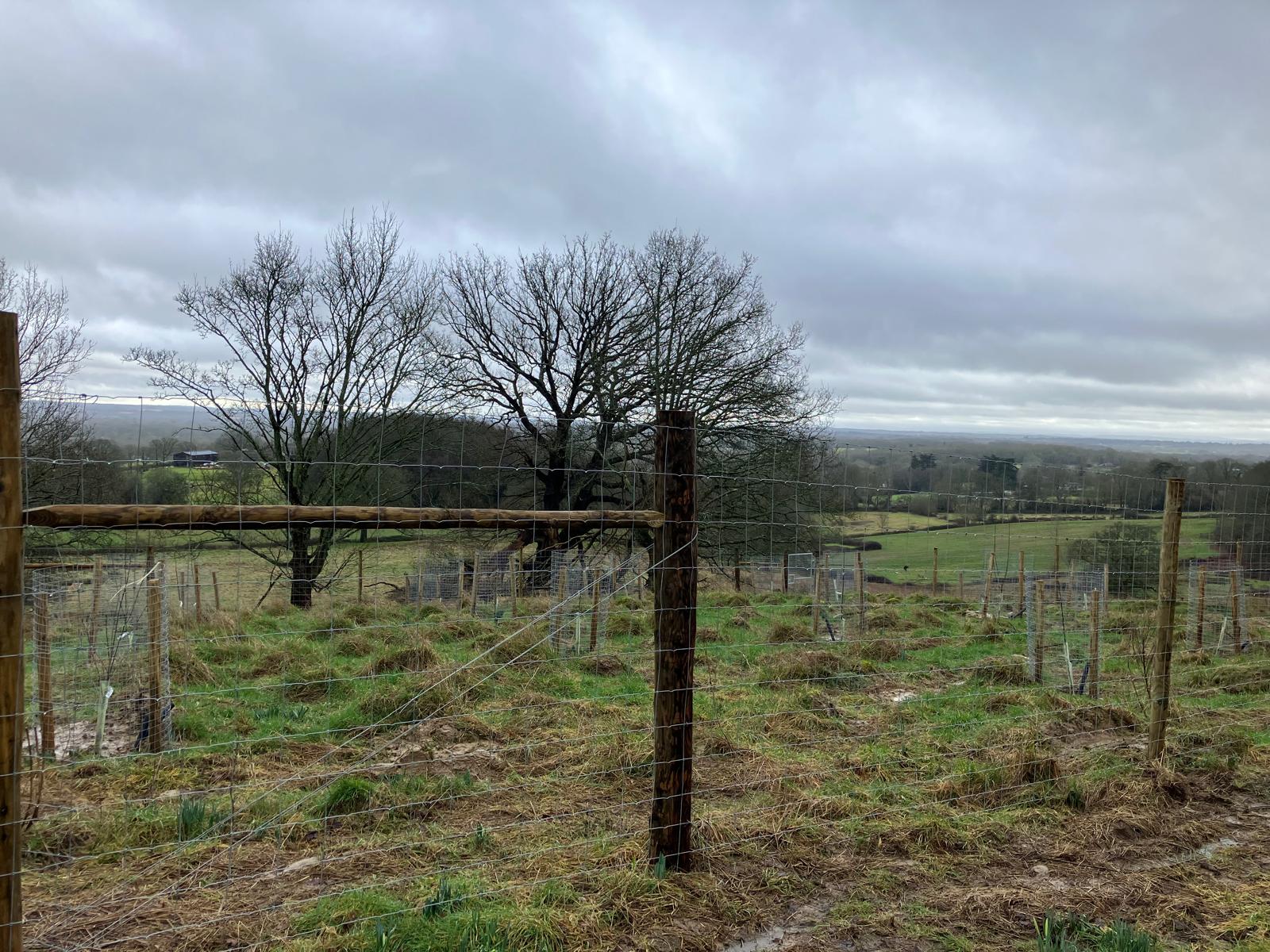
Deer Processing Equipment Frensham Manor
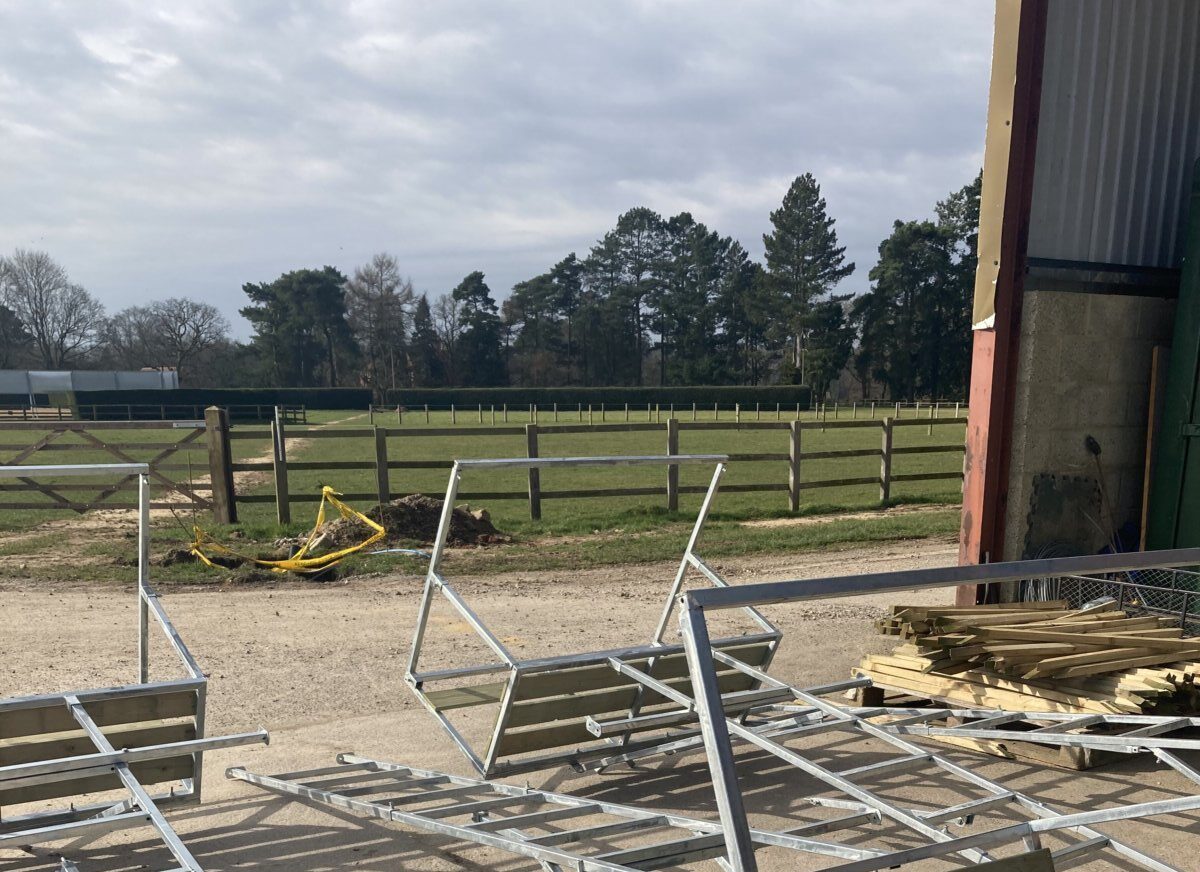
Educational equipment Manor Farm

Educational visits Swanworth Farm

Equiculture workshops

Facilities for rural & agricultural educational visits

Farm for Health (Care Farm) Project
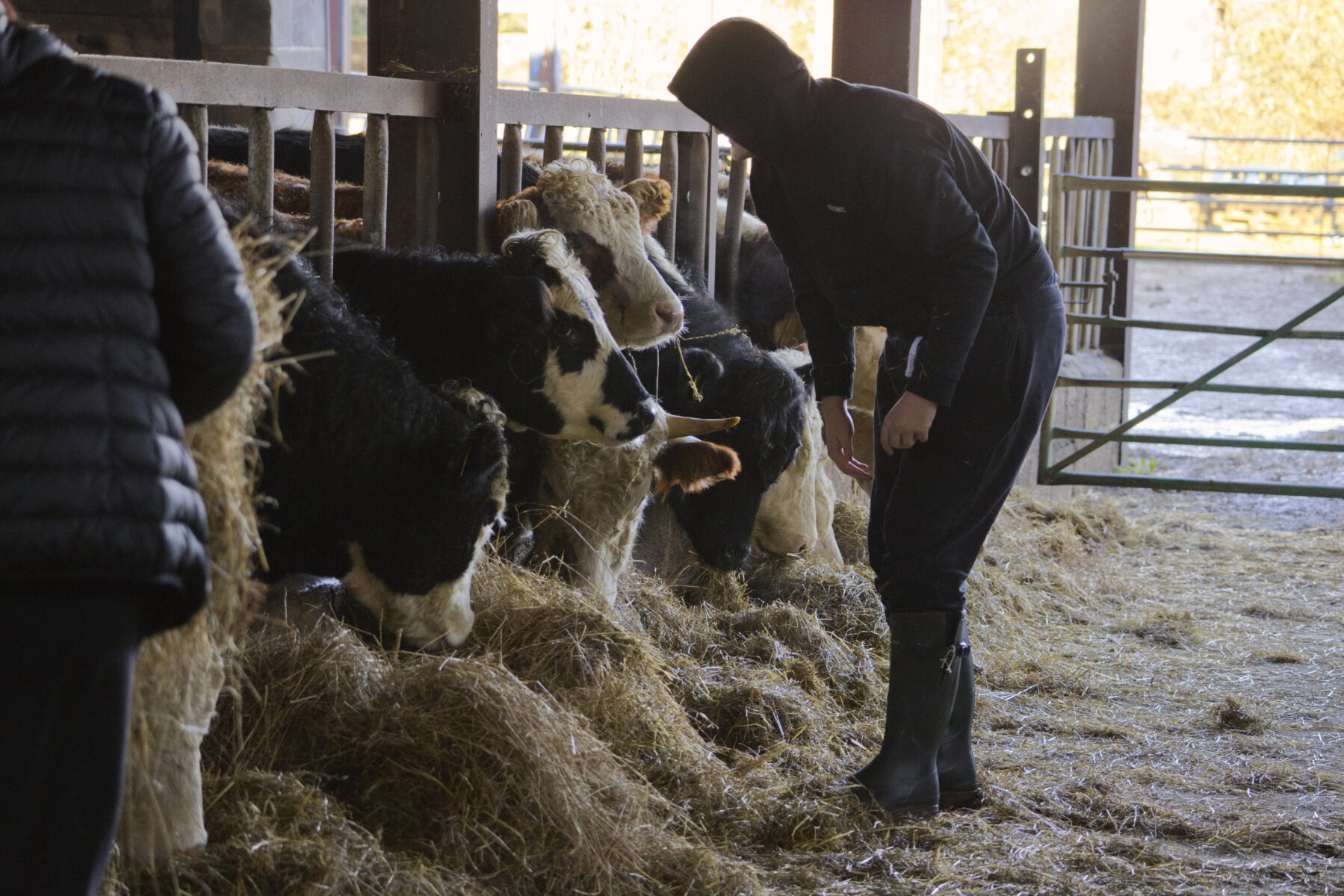
Flail Mower Collector Albury Estate
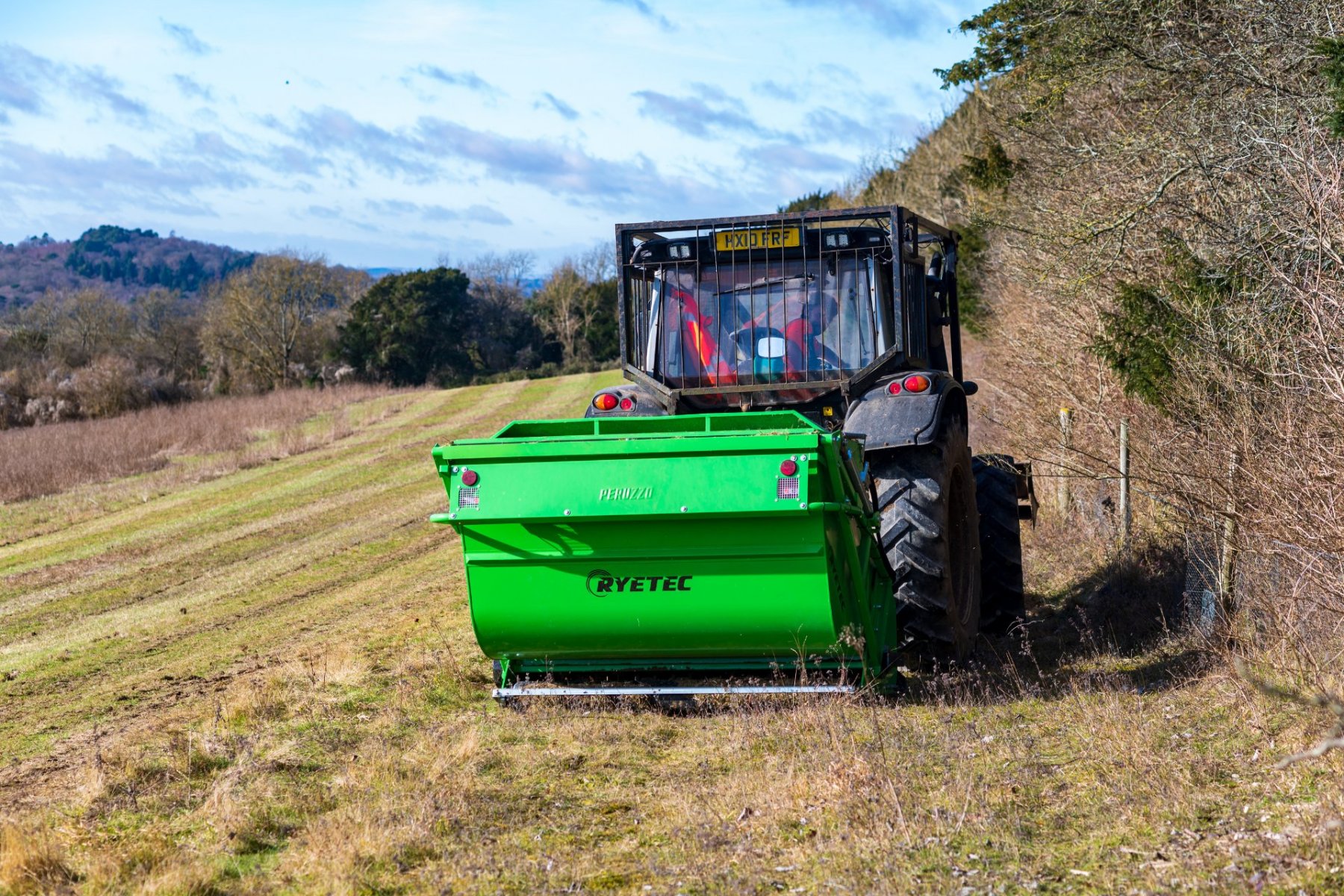
Flail Cut and Collect Mower Countryside Regeneration Trust
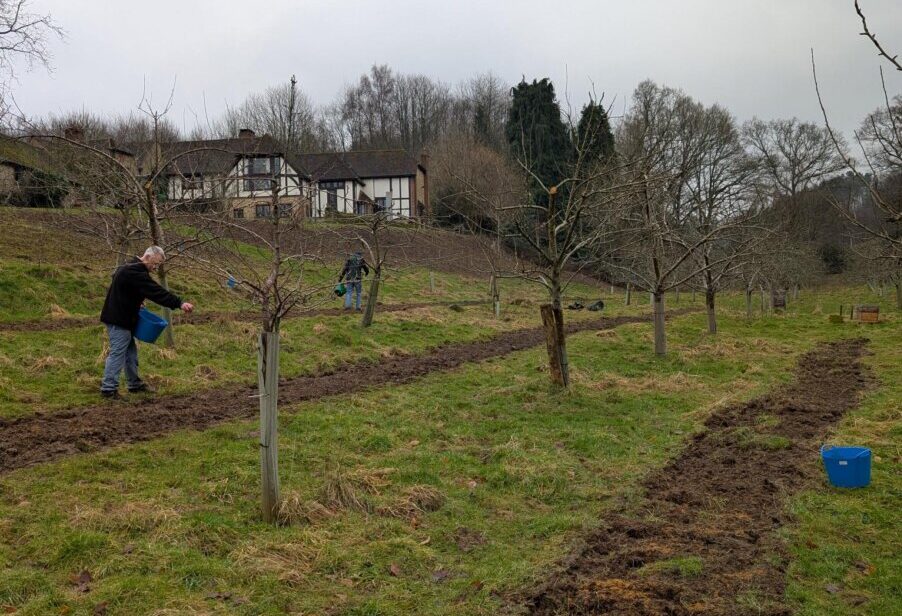
Flail mower collector Hampton Estate

Fishing pool restorations Wotton Fishing Club

Grazing between the vines A & N Bullen
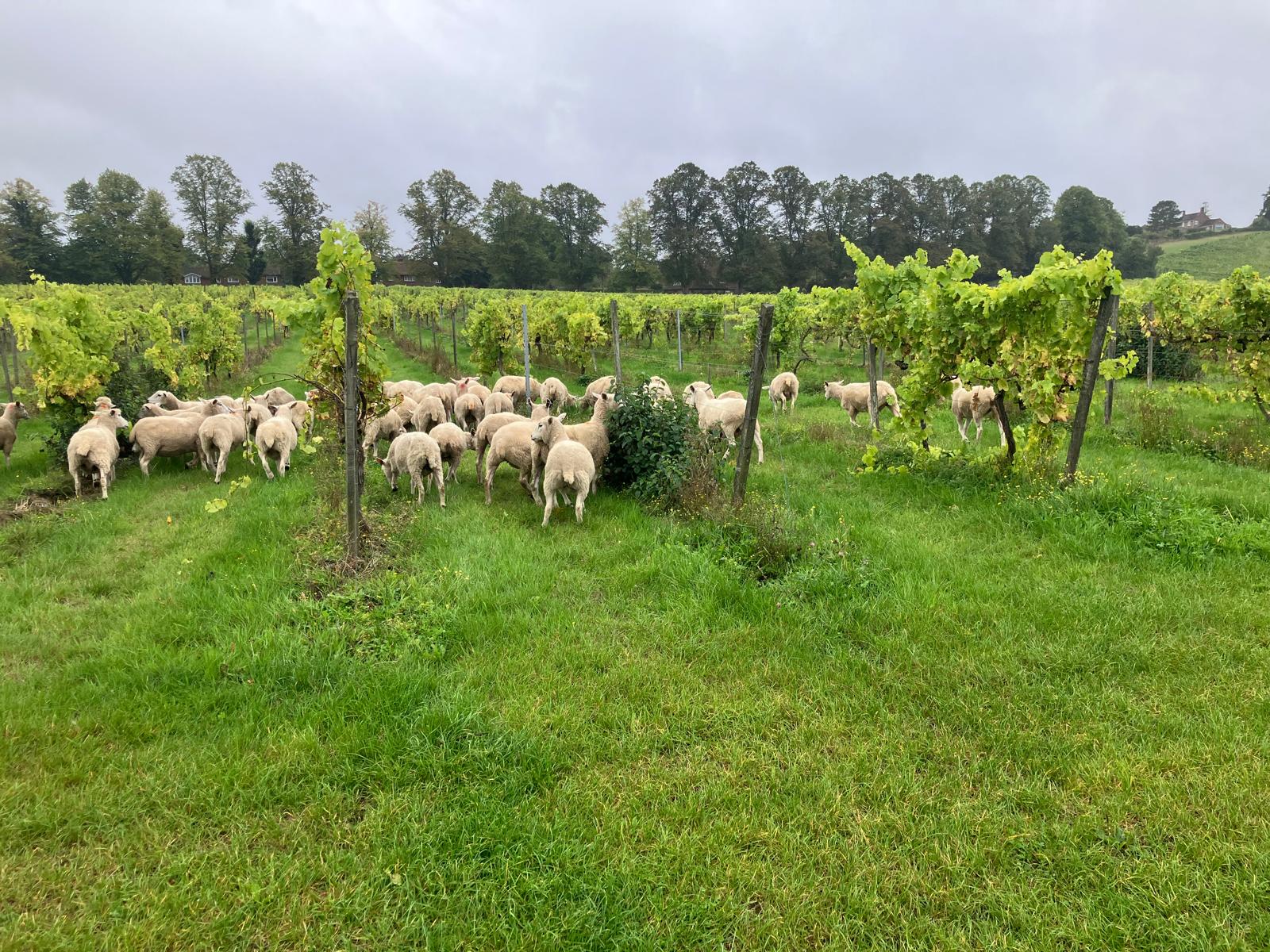
Grazing Infrastructure Surrey Wildlife Trust
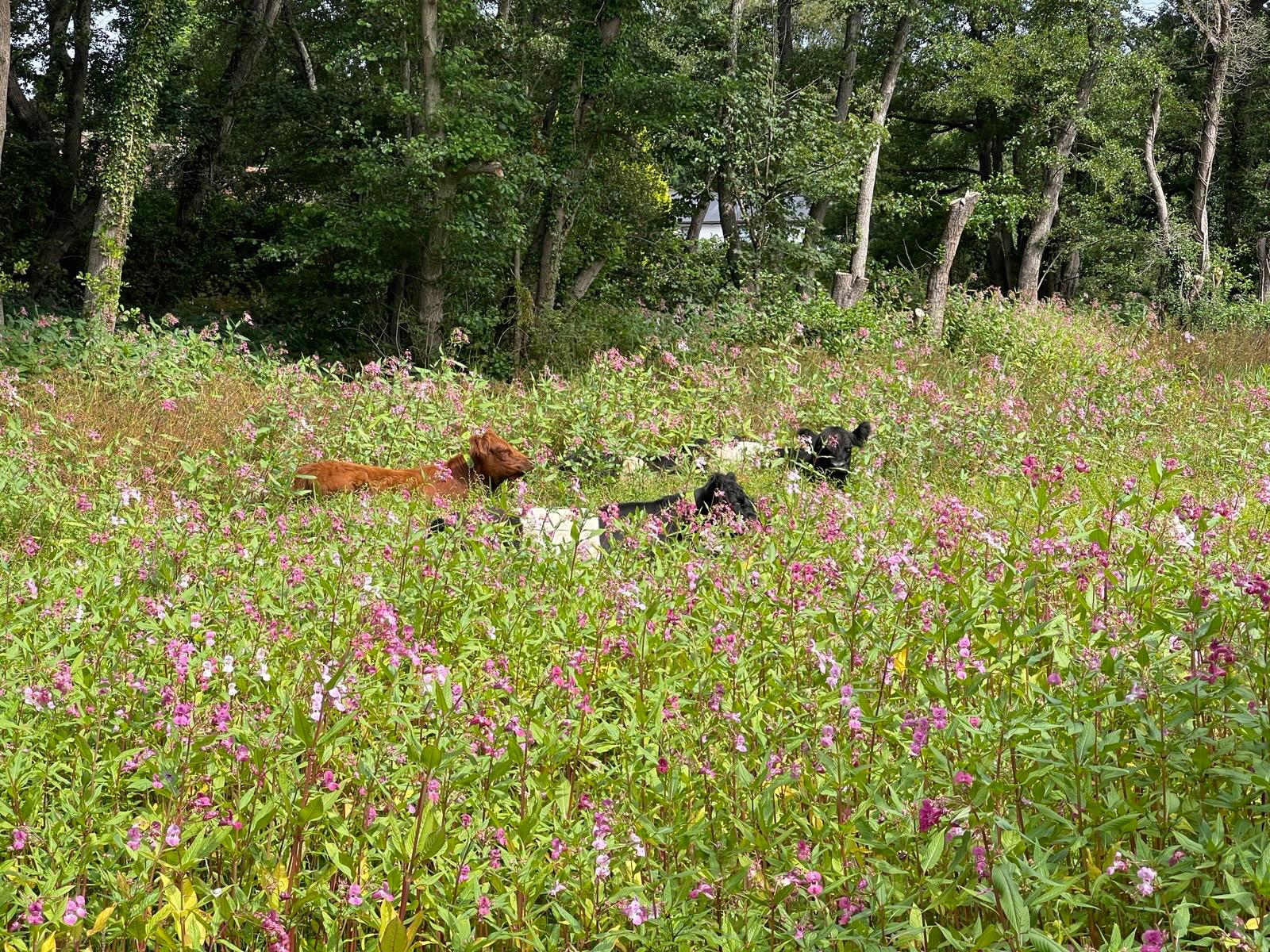
Grazing & Educational Visits Messrs FJ Nicholas LLP
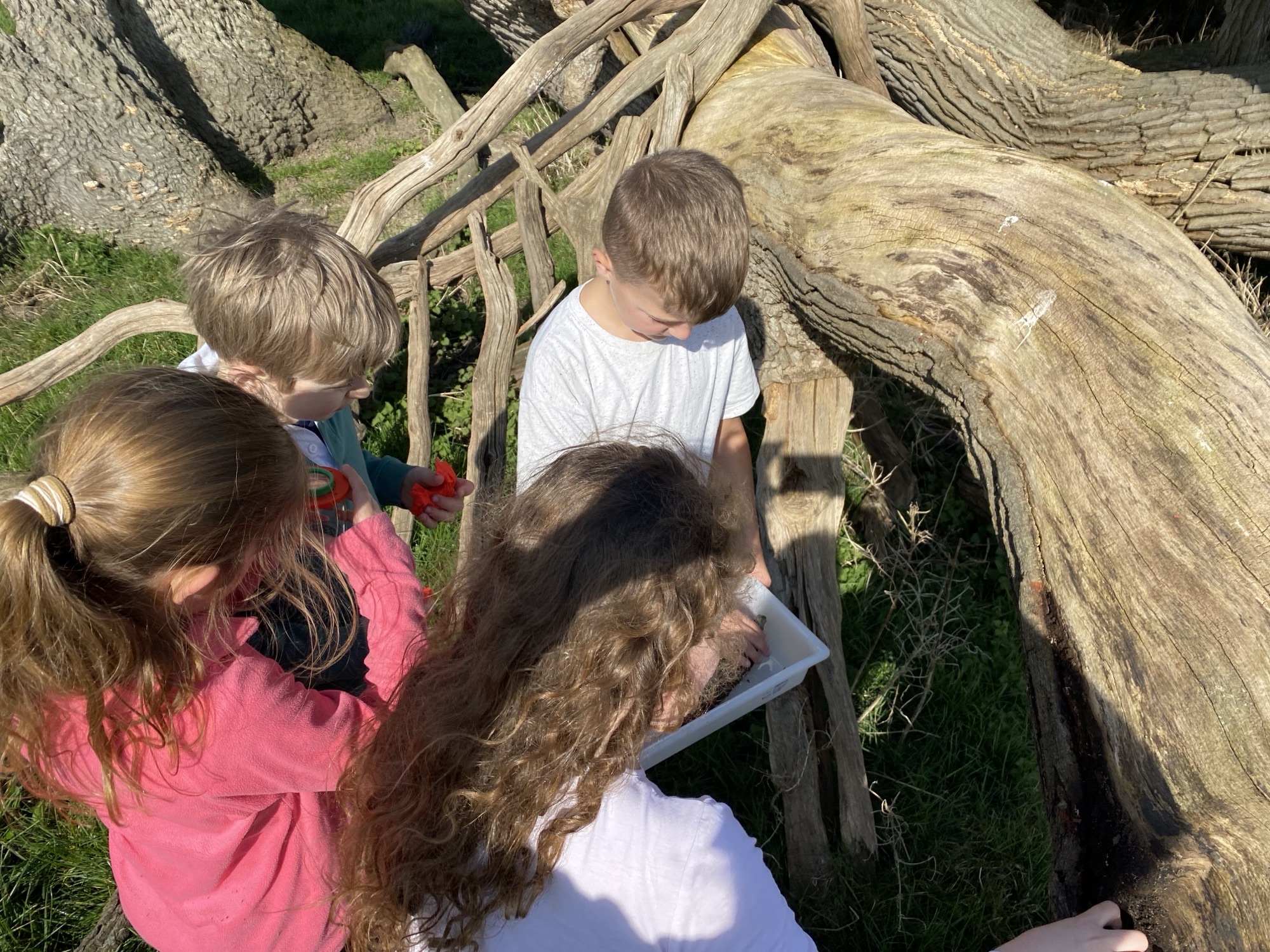
Habitat protection and intervention Kilnside Farm

Hand tools and Posters Banstead Common Conservators

Heathland machinery Amphibian & Reptile Conservation
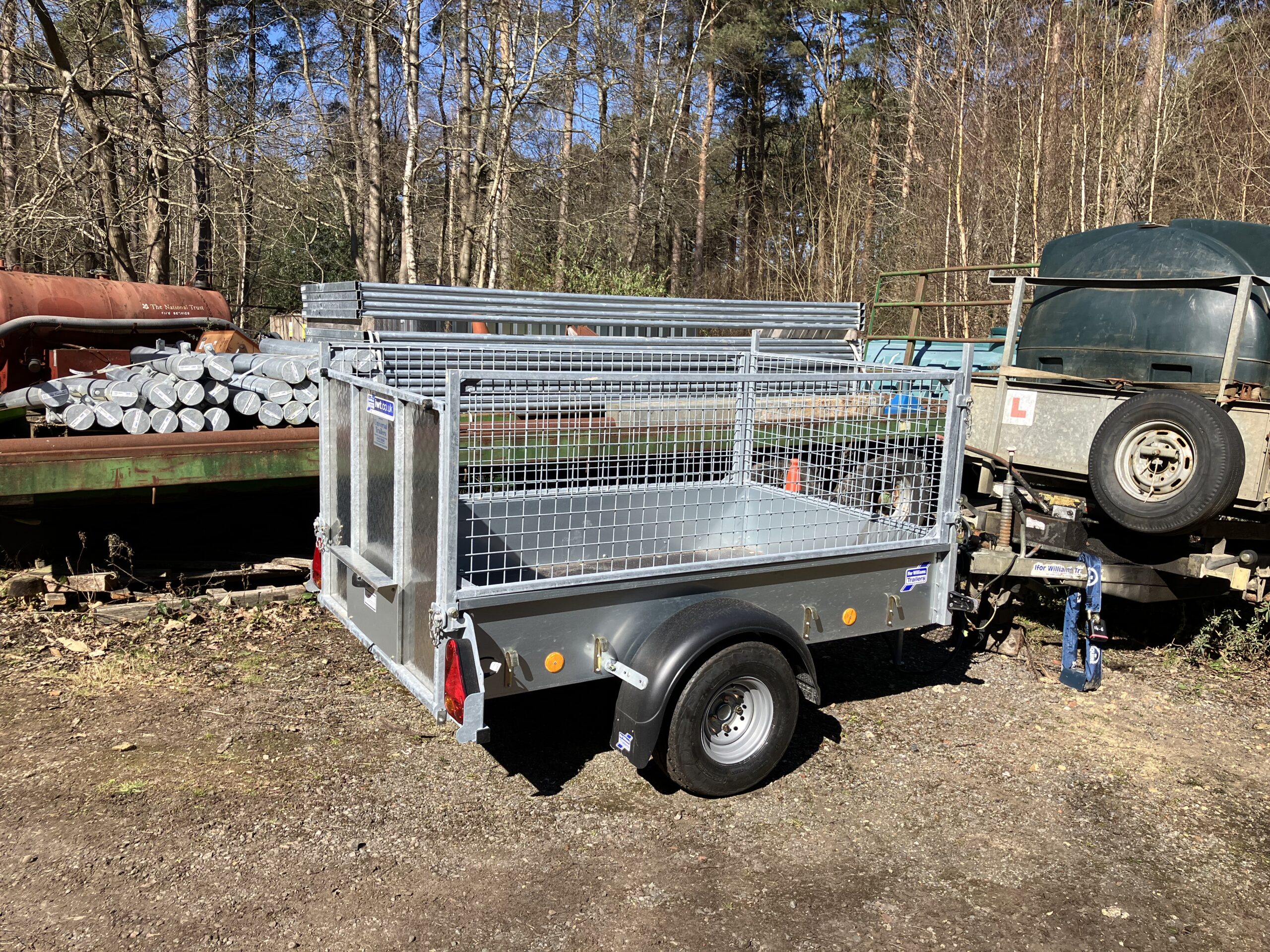
Heathland interpretation Amphibian and Reptile Conservation

Historic Barn Restoration Emley Farm

Holistic Healing Therapy

Horse drawn mini baler Daniel Brown Horseman
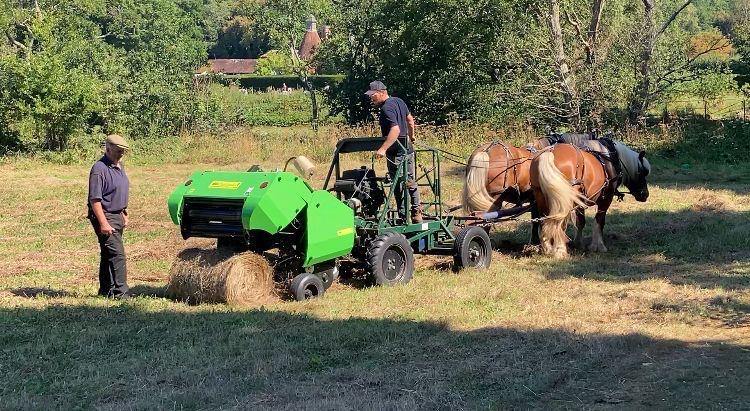
Improving Footpath Access Swanworth Farm
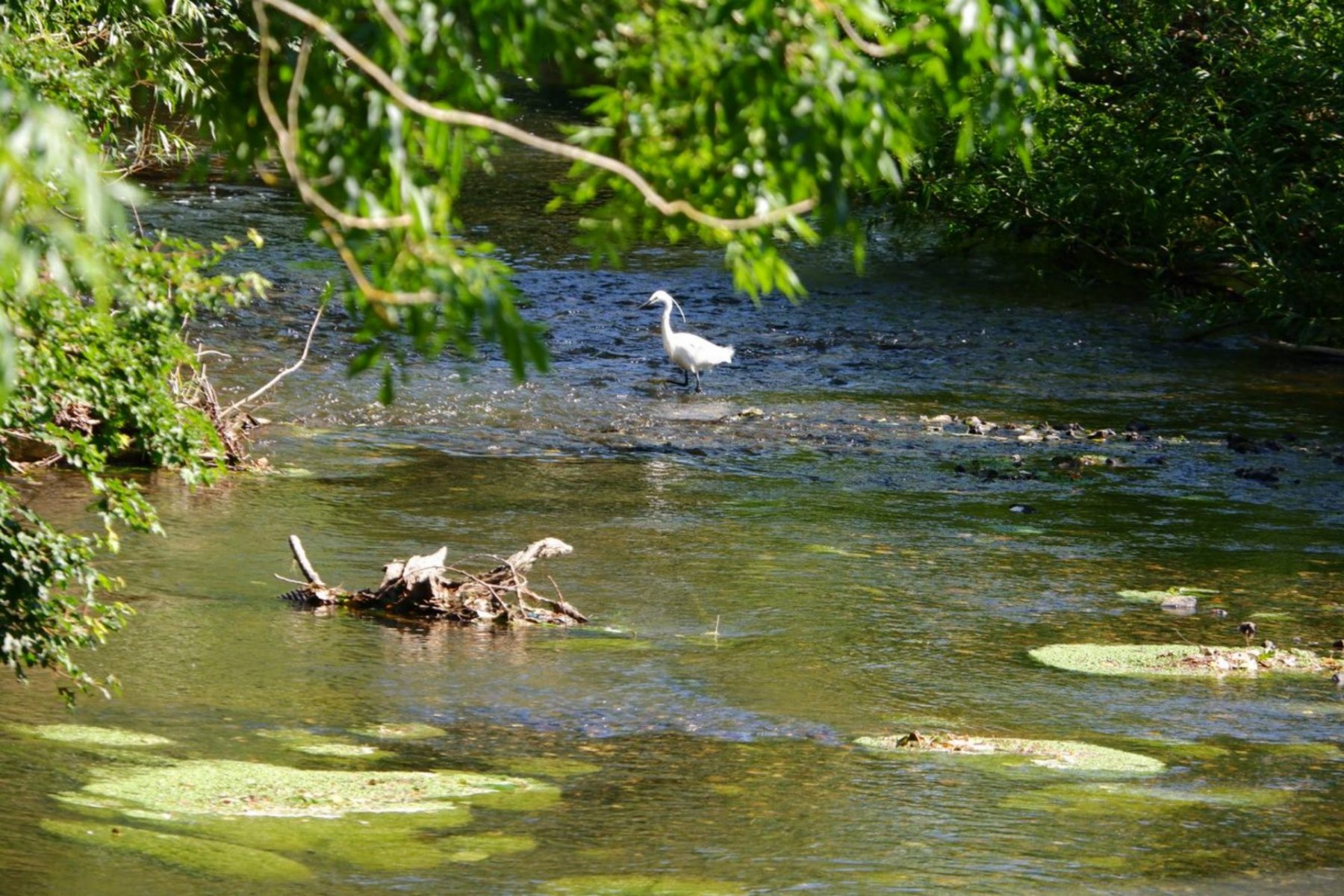
Making Space for Invertebrates

Mini Baler Sayers Croft Educational Centre

Mini Baler Surrey Countryside Partnership
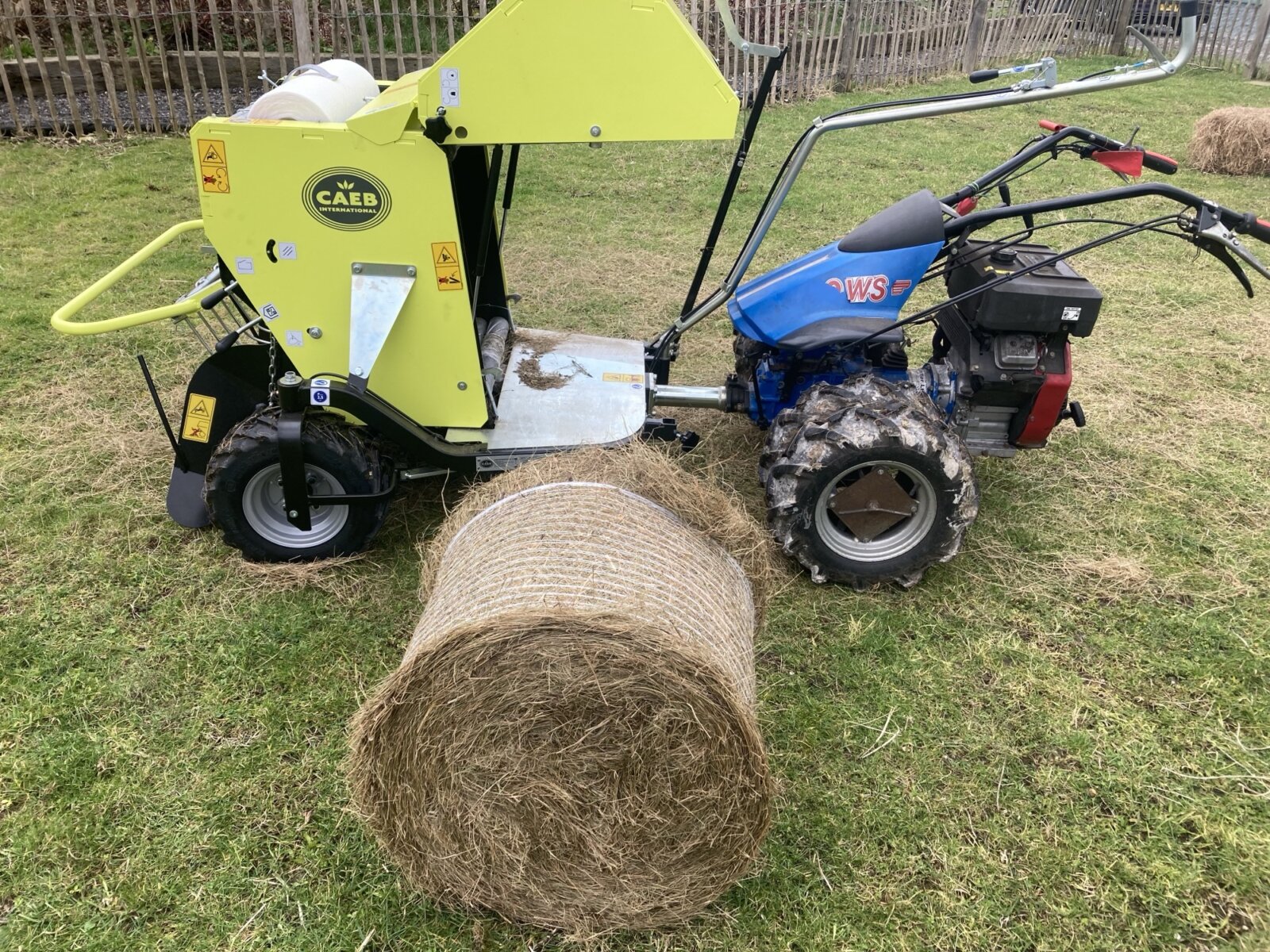
Milk vending machine Pierrepont Farm
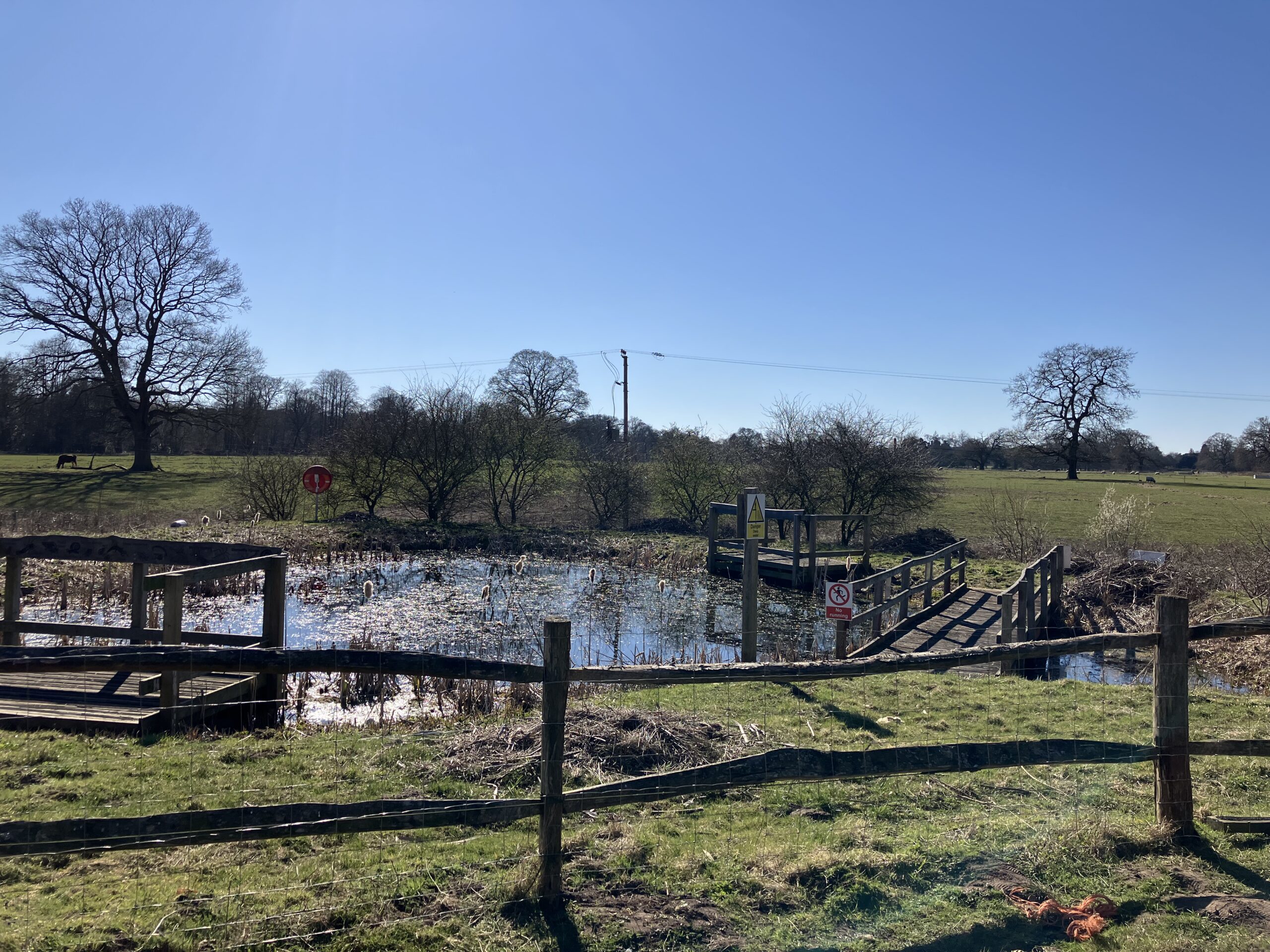
Mob Grazing Bale Unroller Castle Hill Farmers

Mob Grazing Equipment Lydling Farm

Mob grazing equipment Sondes Place Farm

My Green Future

Natural flood management Norbury Park Farm

Natural Flood Management Pond Restoration Manor Farm
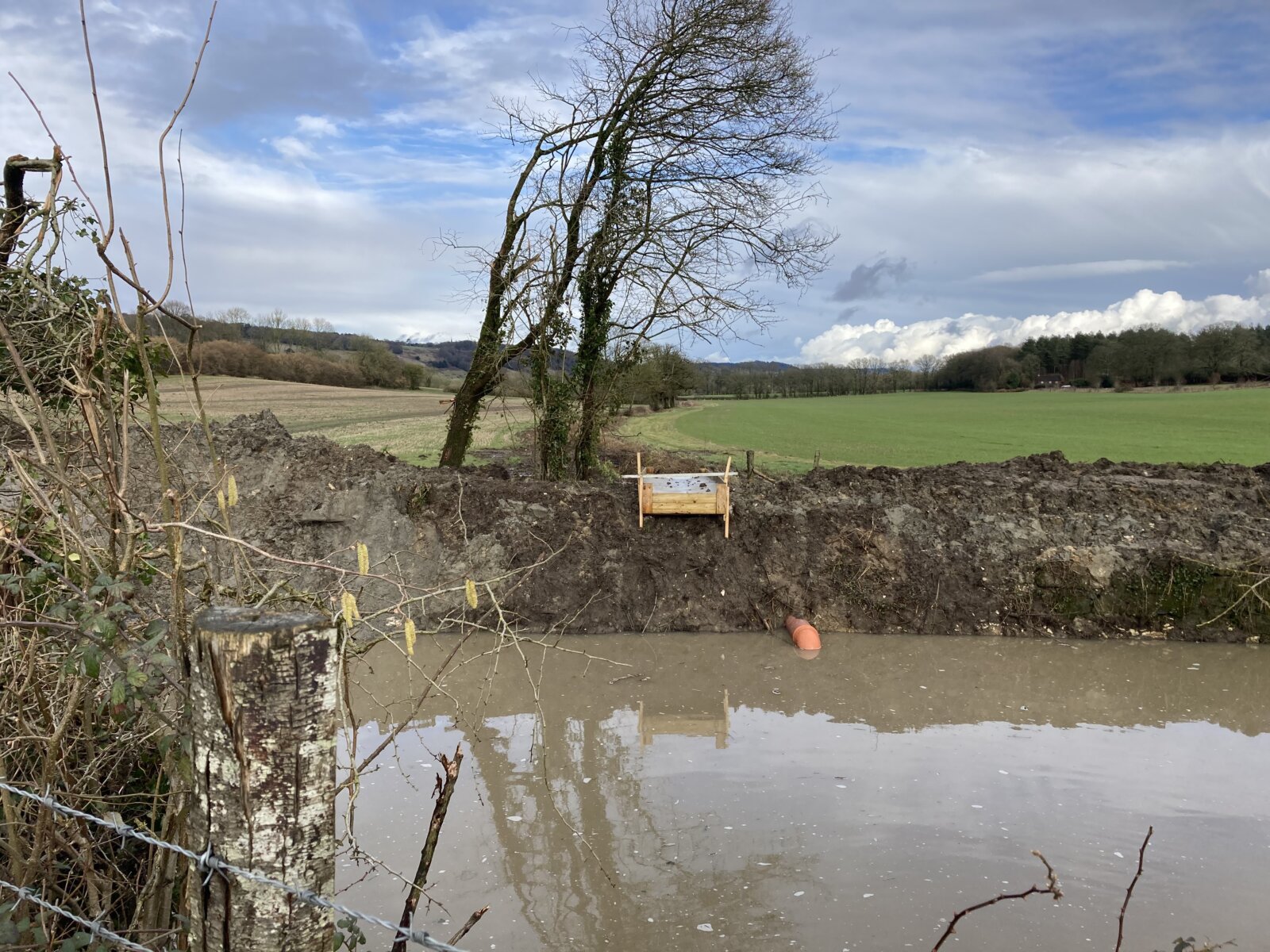
No-fence collars Hampton Estate

No-Fence Collars Manor Farm

Peaslake Community Orchard Coverwood Farm

Pasture & Profit in Protected Landscapes 22-24

Pasture & Profit in Protected Landscapes 24-25

Pond restoration Bealeswood Waverley Borough Council

Pond restoration Birtley Estate

Pond Creation (Accessible) RSPB Farnham Heath

Pond restoration EDG Matthews & Sons

Pond Restoration Gostrode Farm

Pond Restoration Hampton Estate

Pond Restoration Loseley Park Estate
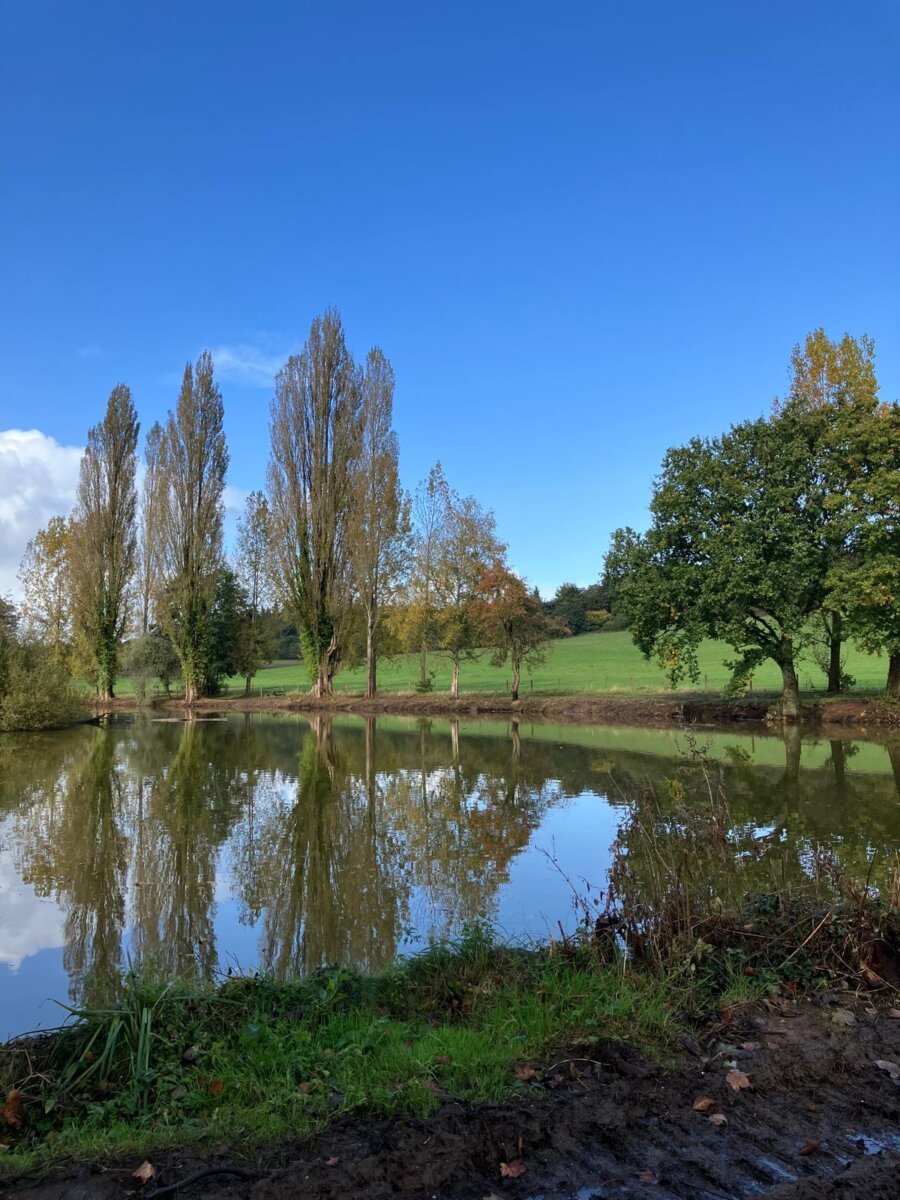
Pond Restoration Lydling Farm

Pond restoration Richard Bayley

Rainwater Harvesting Surrey Wildlife Trust

Rainwater harvesting system Brockham Quarry SCP

Rhododendron & Laurel clearance

Rights of Way improvements Wotton estate

River Wey bank protection Sugar Baker House

Scythes and rakes Banstead Commons Conservators

Seed Drill

Specialist Mowers

Surrey Choices Growth Team 21/22
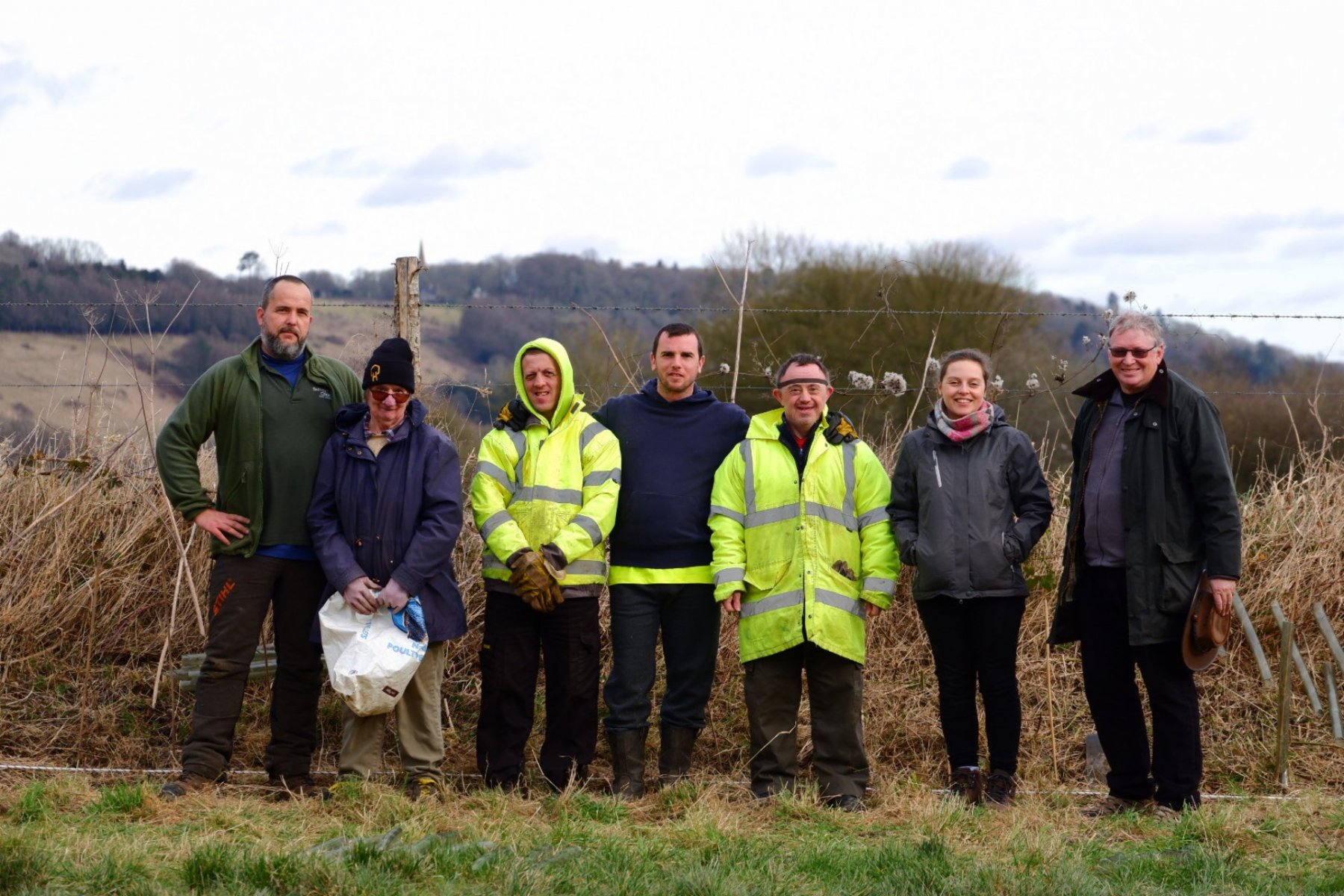
Surrey Choices Growth Team 22/23

Surrey Farm Cluster
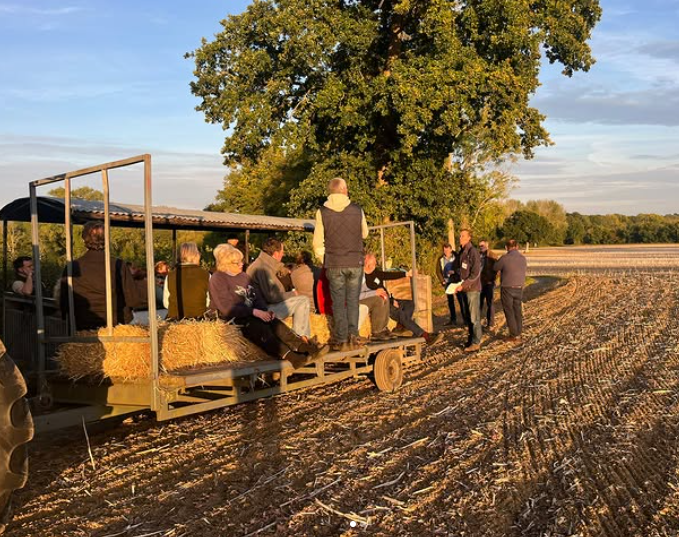
Survey & Restoration plan for Puttenham Common

Thermal Scope for the Wotton estate deer management

Tillingbourne waterfall restoration Wotton Estate
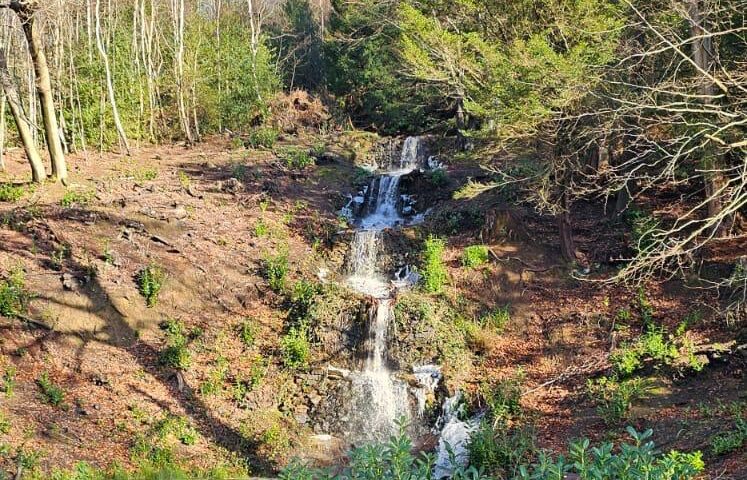
Volunteer Equipment Surrey Hills Society

Volunteer Tools and Binoculars Hampton Estate

Volunteer tools Wey and Arun Canal Trust

Volunteer tools Surrey Countryside Partnership
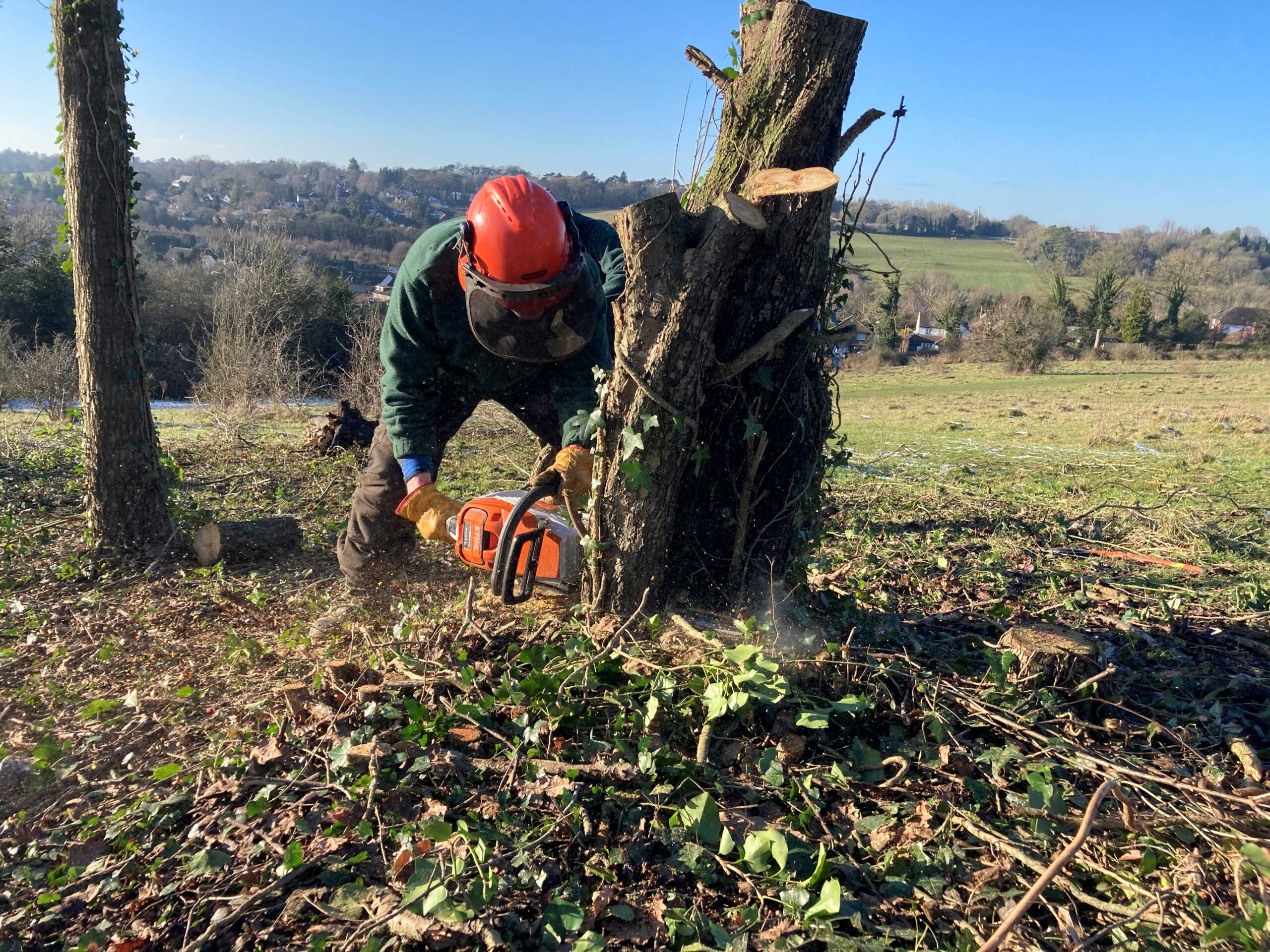
Water Bowser Surrey Countryside Partnership
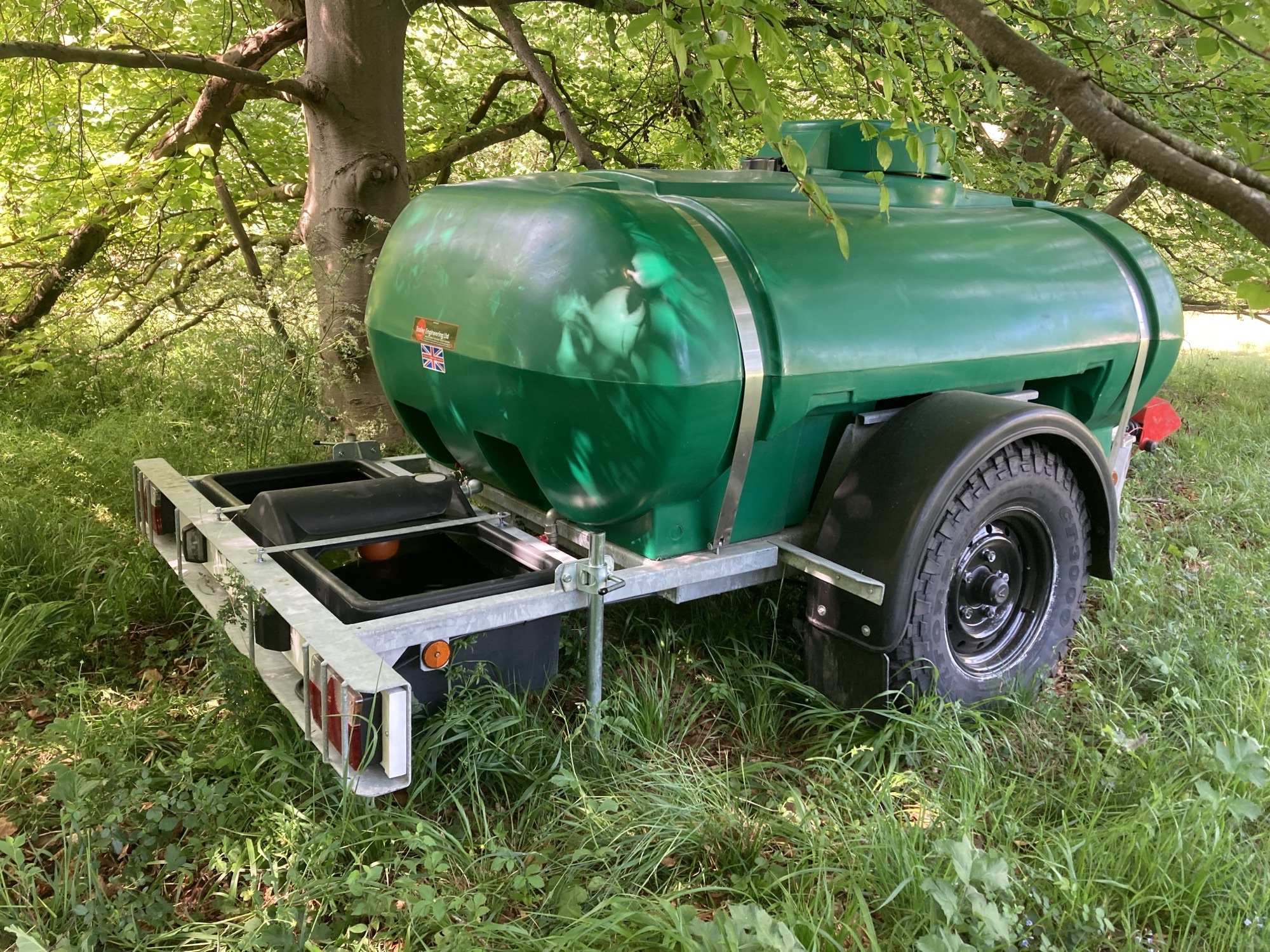
Water management on grass meadows Oxenford Farm Ltd

Water infrastructure Godwin Austen

Water infrastructure to aid grazing Hampton Estate
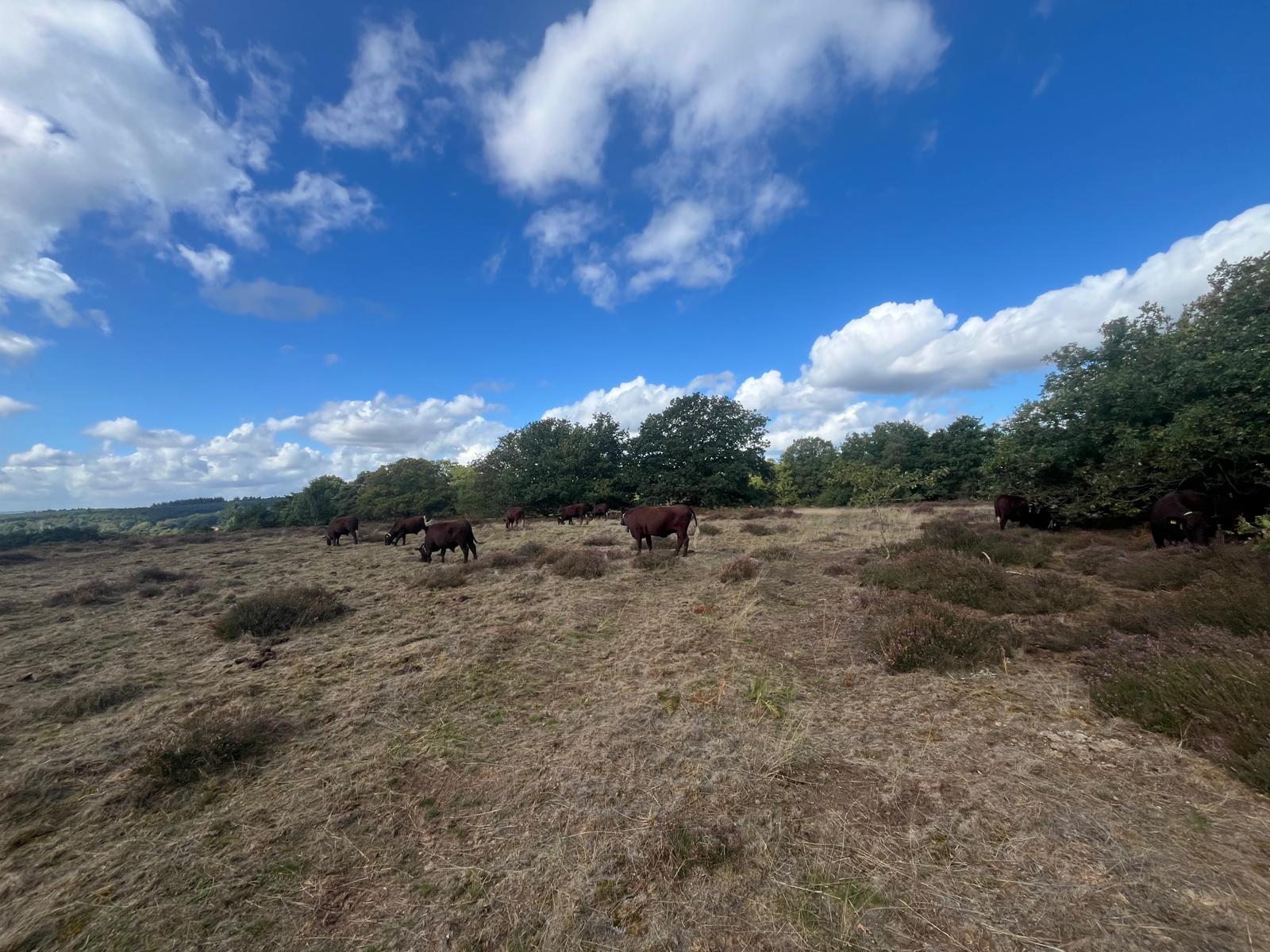
Water infrastructure to aid grazing Norney Farm

Website Re-design for Banstead Common Conservators

Wildlife Boxes

Yew Tree Restoration Albury Estate (phase 1)

Yew tree restoration Guildford Borough Council (phase 2)
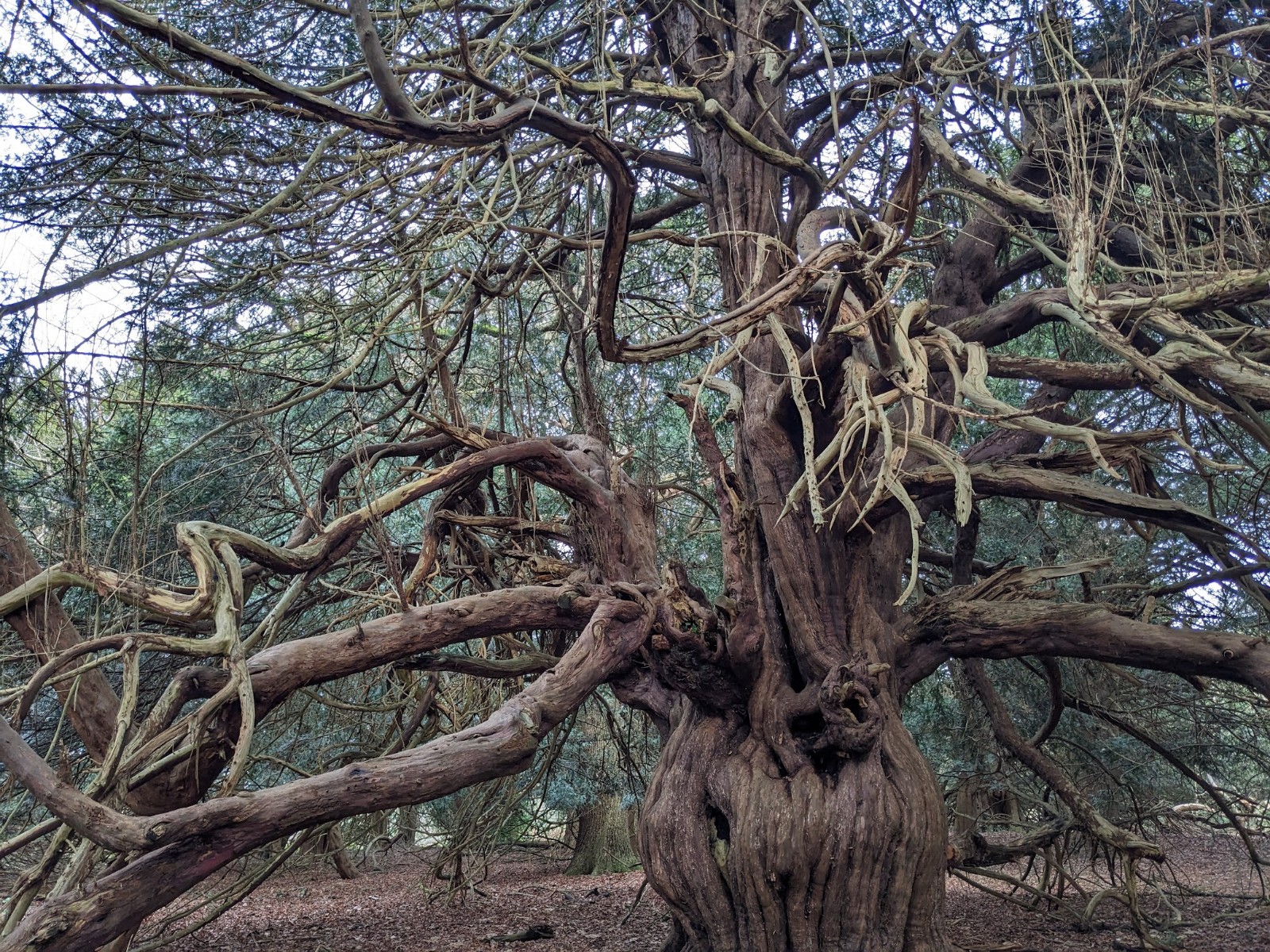
Enabling Farmers Within The
National Landscape to Make Space For Nature
Through this Defra funded programme, farmers and land managers can be supported to carry out projects that support nature recovery, mitigate the impacts of climate change, provide opportunities for people to discover, enjoy and understand the landscape and cultural heritage, or support nature-friendly, sustainable farm businesses. This is a programme of funding for one-off projects covering these areas of work, not an agri-environment scheme.
By supporting the farmers, land managers and people who live and work in National Parks and Areas of Outstanding Natural Beauty, we can help protect these exceptional places and support local communities.
The Farming in Protected Landscapes programme is open to all farmers and land managers (including from the private, public and charity sector) in the Surrey Hills National Landscape.
Other organisations and individuals can apply, as long as they do this in collaboration with a farmer or land manager, or in support of a farmer or group of farmers.
The programme supports activity on any land within the Surrey Hills National Landscape and most of the funding will be provided to projects within the National Landscape boundary. It can also support activity on other land where projects can demonstrate benefit to the Surrey Hills, or the National Landscape Partnership’s objectives or partnership initiatives.
You can see the boundary by visiting the MAGIC mapping website. Click on ‘designations’, ‘land-based designations’ and then ‘Areas of Outstanding Natural Beauty England.’
The programme will pay for projects that, in the opinion of the Local Assessment Panel provide value for money and meet at least one of the outcomes listed below, under four themes.
Nature outcomes
- There is a greater area of wildlife rich habitat
- There is greater connectivity between habitats
- Existing habitat is better managed for biodiversity
- There is an increase in biodiversity
Climate outcomes
- More carbon is stored and/or sequestered
- Flood risk is reduced
- Farmers, land managers and the public better understand what different habitats and land uses can store carbon and reduce carbon emissions
- The landscape is more resilient to climate change
People outcomes
- There are more opportunities for people to explore, enjoy and understand the landscape
- There are more opportunities for more diverse audiences to explore, enjoy and understand the landscape
- There is greater public engagement in land management, such as through volunteering
- Farmers and land managers feel increasingly comfortable with providing public goods
Place outcomes
- The quality and character of the landscape is reinforced or enhanced
- Historic structures and features are conserved, enhanced or interpreted more effectively
- There is an increase in the resilience of nature-friendly, sustainable farm businesses, which in turn contributes to a more thriving local economy
Your project must also help to deliver at least one of the aims identified in the Executive Summary of the Surrey Hills Management Plan.
Within the 4 core FiPL themes of Nature, Climate, People and Place, and whilst delivering the Surrey Hills Management Plan priorities and the Nature Recovery Strategy aims, the highest scoring will be given to applications which meet the following:
- Collaboration – projects which bring together a range of partners, or work across a wider landscape with multiple landowners/managers eg farm clusters
- Innovation – projects which offer new ideas or solutions
- Projects which kick start or provide ‘seed corn’ ideas ie which begin something which will continue to deliver beyond the life of FiPL
- Projects which facilitate wider benefits and bring additionality
The kinds of projects the programme might support include:
- Promoting connectivity between habitats
- Creating scrapes, ponds or other wetland to support a variety of wildlife
- Grassland restoration
- Re-wilding an area of land and promoting natural processes
- Gathering data and evidence to help inform conservation and farming practice
- Providing new or easier access opportunities, links to the rights of way network or interpretation of farming and of the natural and historic features
- Working with new audiences to enable them to experience the Protected Landscape
- Parking improvements at a key site to provide safe access to popular walking routes and reduce congestion for visitors and for local residents
- Restoring drystone walls or hedges
- Conserving historic features on a farm, such as lime kilns or lead mining heritage
- Action to reduce carbon emissions, or the use of plastics, on a farm
- Planning for nature conservation, energy efficiency and business resilience, including in farmer clusters
Where there is no commercial gain – up to 100% of the costs.
Where an applicant would benefit commercially from a project – 40% to 80% depending on how much commercial benefit is derived.
If an activity is equivalent to one under Countryside Stewardship (CS), the Programme payment rate will be the same as the CS rate. If not, funding offers will be based on the projected costs of an activity.
The minimum grant will be £1,000 and the maximum will be £25,000 for individual projects. Exceptional projects which can demonstrate true collaboration and landscape scale outcomes could be funded up to £50,000.
Farming in Protected Landscapes and other funding sources
The Programme will work alongside – not in competition with – Defra’s existing and new schemes, adding value where it is most needed. If a potential project can be rewarded through those schemes instead, you will be made aware of them. Note that those seeking support for machinery to increase productivity should utilise the Countryside Productivity Scheme rather than project grants through Farming in Protected Landscapes.
Large scale tree planting may be best delivered through Forestry Commission funding including the England Woodland Creation Offer.
Applications for over £5000 will be judged by a Local Assessment Panel.
The Local Assessment Panel includes representatives from the National Landscape team, Natural England, the farming and land management community, and other specialists, drawn from the National Landscape Partnership’s working groups. We expect that it will meet to make decisions every 6 to 8 weeks.
Applications for less than £5000 will be decided upon by a senior member of the National Landscape team who has had no previous role in advising on the application.
Applications will be scored on:
Fit with Programme Outcomes – 40% of scoring weighting
Value for money – 20%
Sustainability / legacy – 20%
Deliverability – 20%
Capital infrastructure assets (including, but not limited to, fences, gates, building restoration), should be maintained for 5 years from the date of completion.
Machinery assets (to deliver conservation work, for example a brush harvester for grassland restoration) should be maintained for 5 years from the date of purchase.
The requirement to maintain natural, cultural and access activities (for example, management of grassland, restoration of a limekiln) delivered as part of programme will cease no later than 1 April 2025.
- Check that your farm/site is within the Surrey Hills National Landscape by visiting the MAGIC mapping website.
- Fill in our Farming in Protected Landscapes Expression of Interest with your contact details and a brief outline of your project(s).
- We will then contact you to discuss your ideas and possibly arrange to visit you. After this we will send you the Application form to complete (we can help you with this). Have a read through our Guidance for Applicants.
- Once complete, your Application will go to our funding Panel to decide which applications are approved and you will be informed of the decision.
If you have a question about the Farming in Protected Landscapes Programme, please email fipl@surreycc.gov.uk or telephone 0208 541 8697 or 07791 419334.
FiPL Expression of interest
Read the Year 1 DEFRA report here.
Read the National Landscapes Association 24/25 report here.
Access the Surrey Hills spreadsheet of funded projects up until 2025 here.
